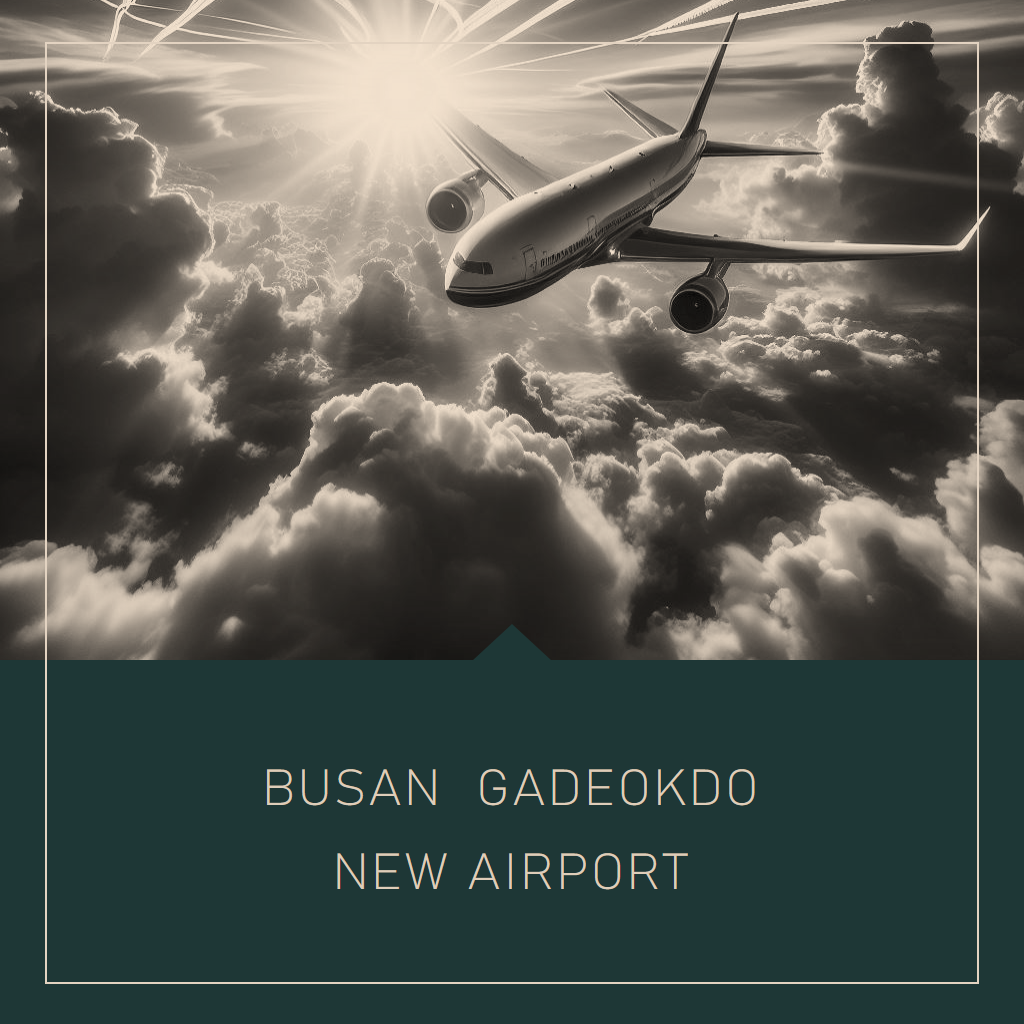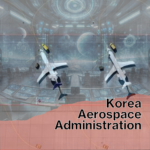Busan, South Korea – In an assertive move to reinforce its status as a major global hub, the Busan Metropolitan City hosted the “Gadeokdo New Airport Vision and Strategy Proclamation Ceremony” at the City Hall Conference Room today. This event marks a new phase in South Korea’s aviation and economic development, especially poignant in light of Busan’s recent unsuccessful bid to host the 2030 World Expo.
The Gadeokdo New Airport has been at the forefront of regional development. Following last year’s announcement of the construction plan by the Ministry of Land, Infrastructure, and Transport (MOLIT), Busan aims to strengthen its role in global aviation with this ambitious project. There were concerns that the city’s failed bid to host the 2030 World Expo might affect the momentum of the airport project. However, the city’s commitment remains unwavering, demonstrating resilience and a focused vision for the future.
Attended by over 100 key figures, including government officials, industry experts, and members of civil society, the ceremony showcased Busan’s determination to proceed with its grand vision for the Gadeokdo New Airport. Mayor Park Heong-joon presented a comprehensive plan outlining the city’s aspirations and methodologies, emphasizing the airport’s role as more than a transportation hub – as a catalyst for economic growth and international connectivity in the southern region of the Korean peninsula.
In his address, Mayor Park underscored four strategic objectives: establishing an Asian logistics hub, ranking among the world’s top 50 mega hub airports, creating a global airport economic zone, and fostering collaboration with local governments. These strategies aim to leverage Busan’s unique geographical and economic position, enhancing its competitiveness on the global stage despite recent setbacks.
The Gadeokdo New Airport is planned to feature a single 3,500m x 45m runway for large passenger planes, a significant expansion from Gimhae Airport’s current capacity. Plans include a coastal passenger terminal to connect with nearby regions, an urban air mobility (UAM) airfield, and enhanced connectivity through extended railways and direct road access.
This ceremony, occurring against the backdrop of Busan’s World Expo bid loss, sets a definitive course for the Gadeokdo New Airport. It symbolizes the city’s determination to become a leading global hub. With innovative features and strategic planning, the Gadeokdo New Airport is poised to redefine the economic and transport landscape of the region, bolstering Busan’s position on the international stage.



